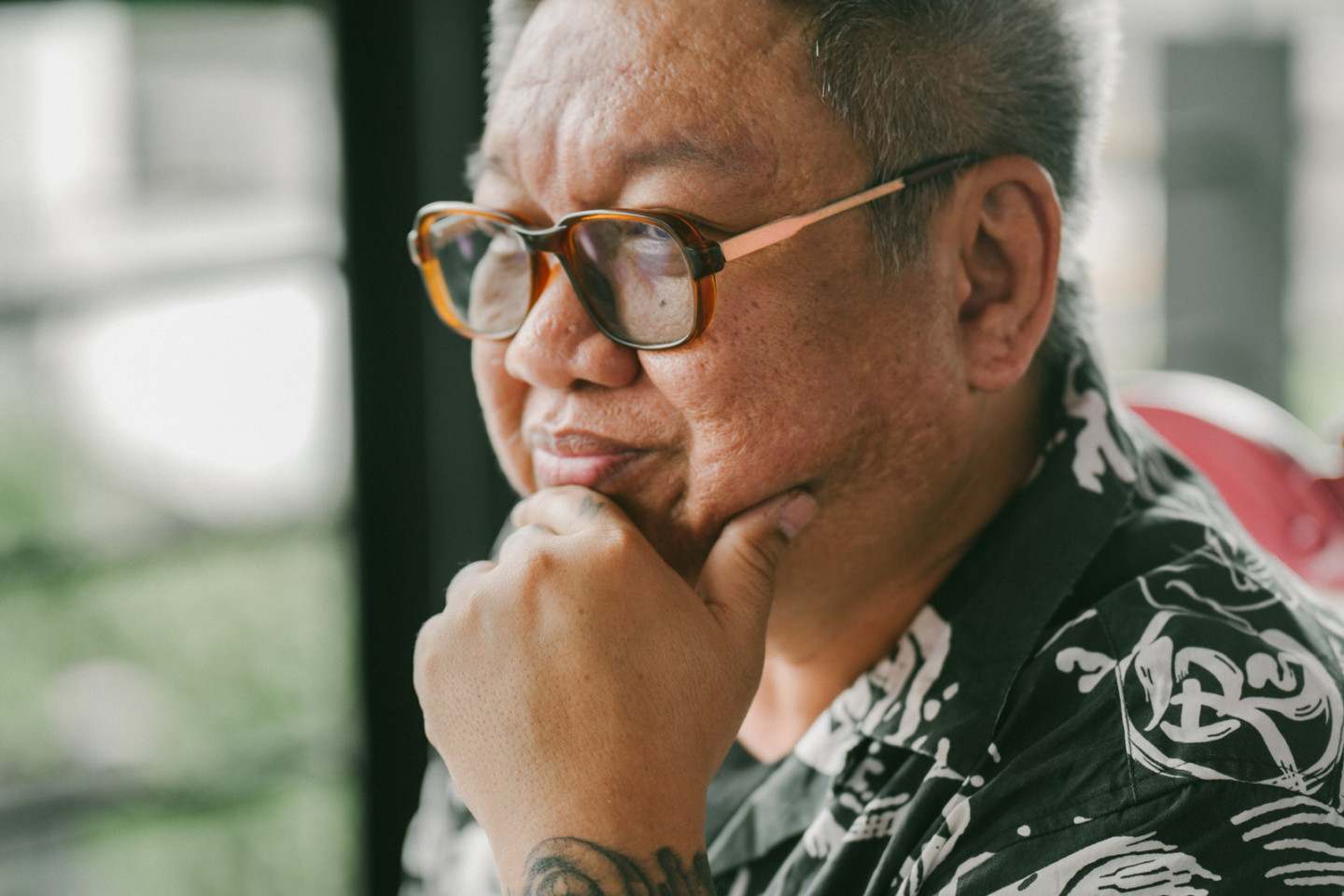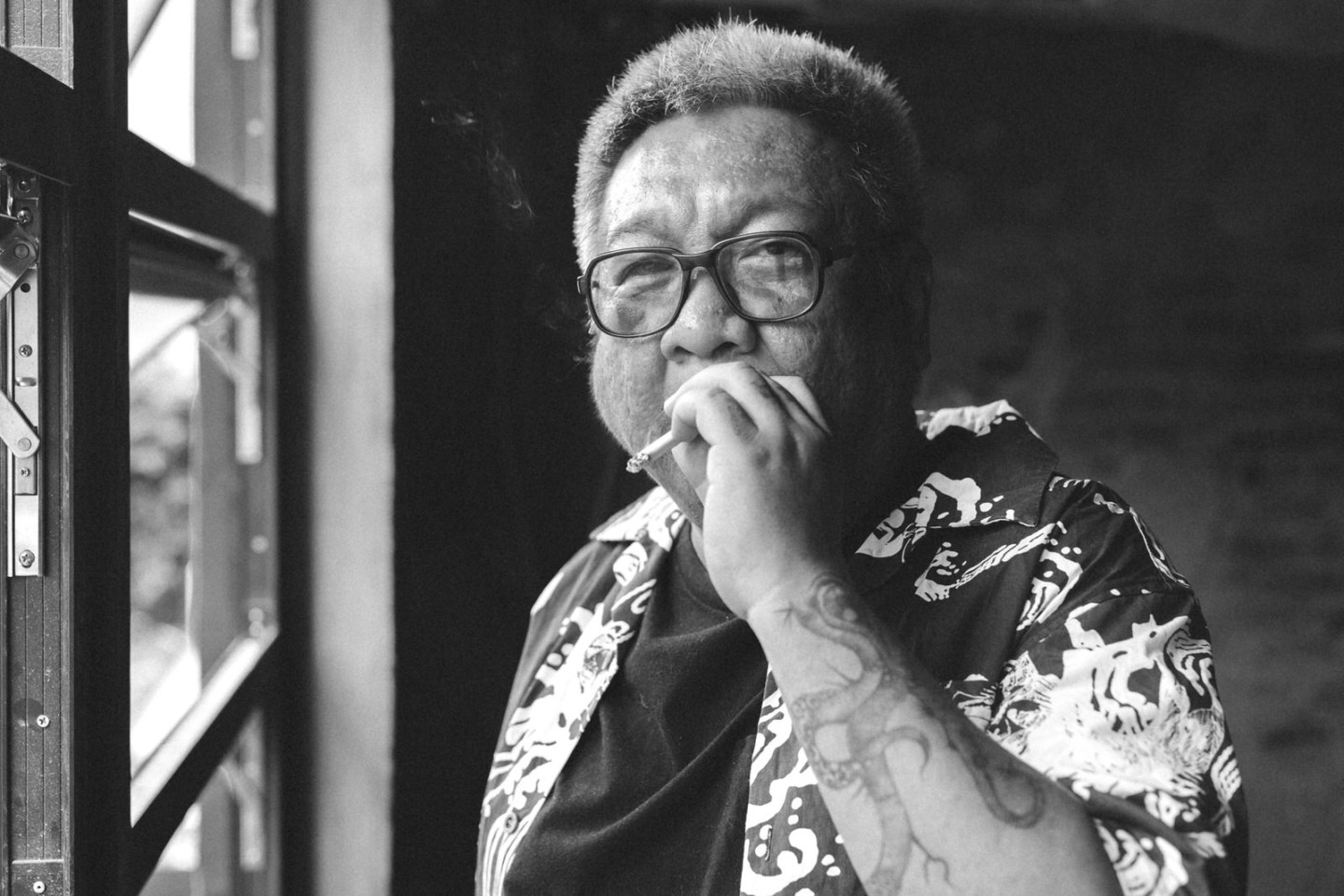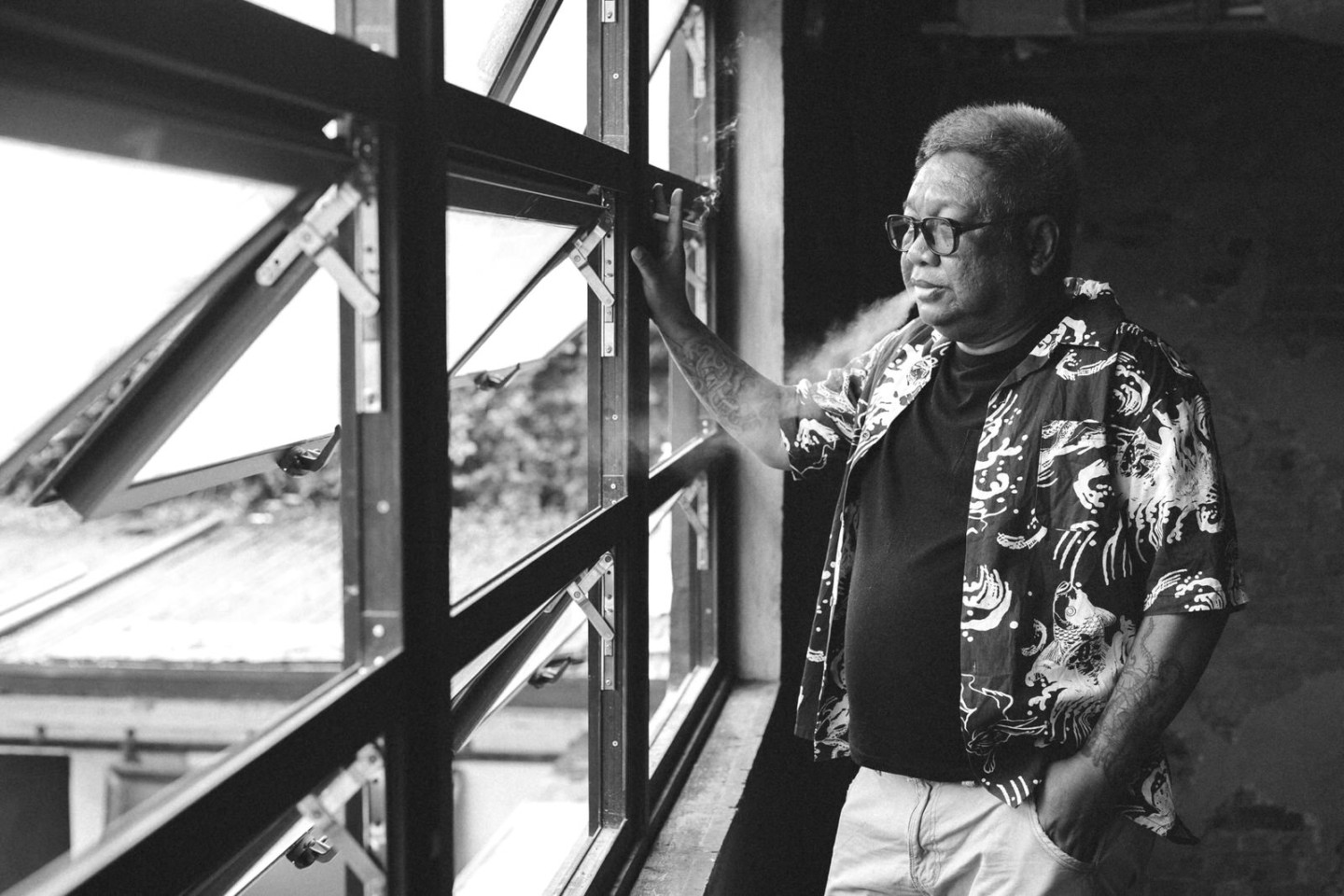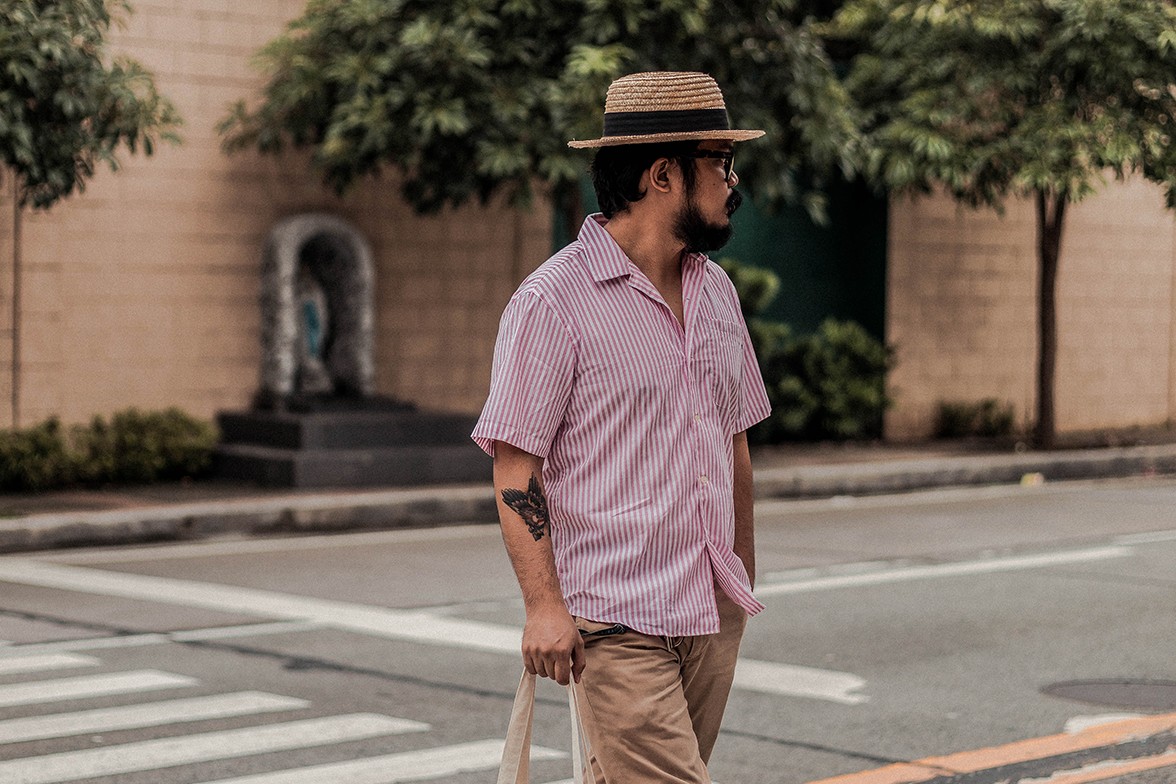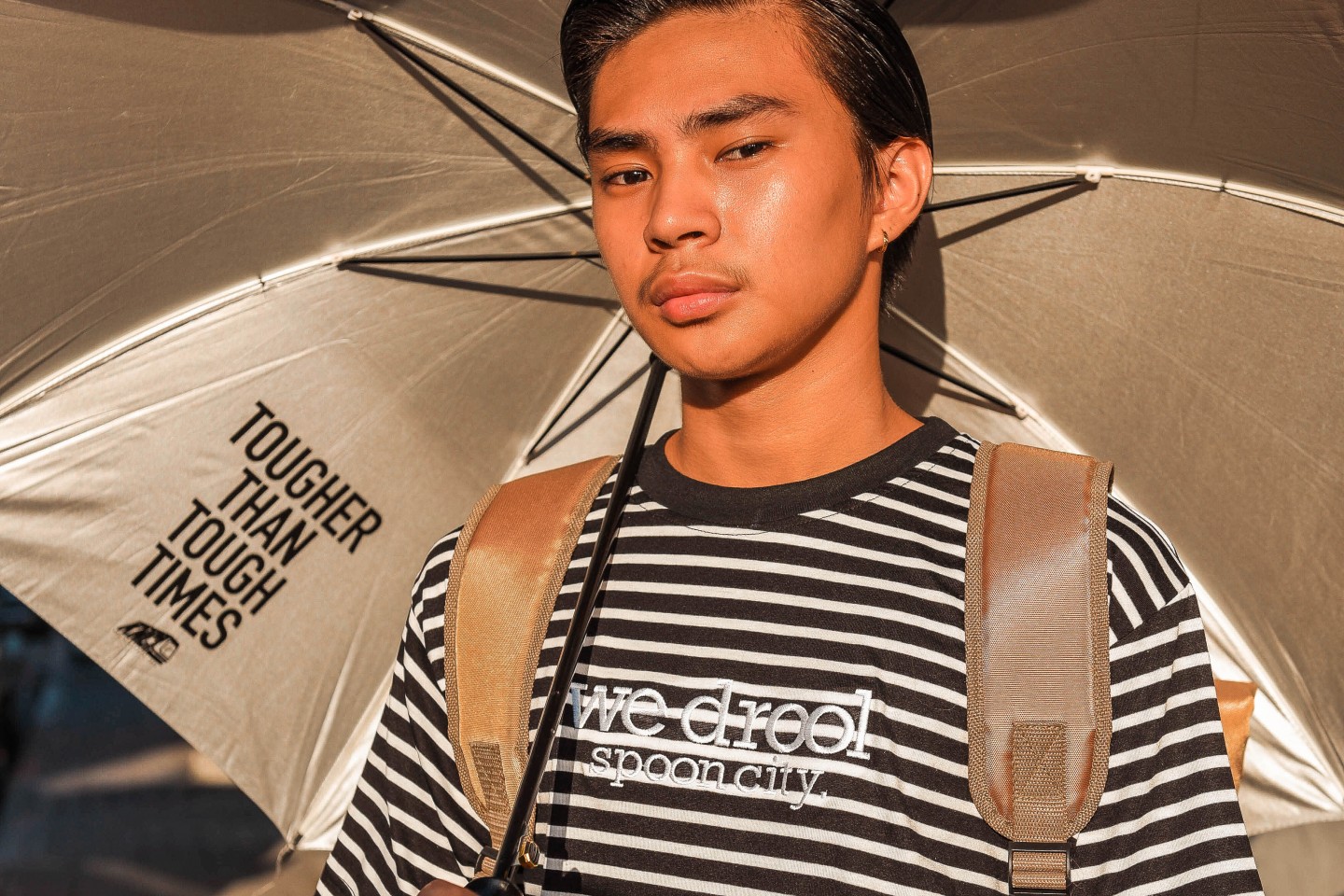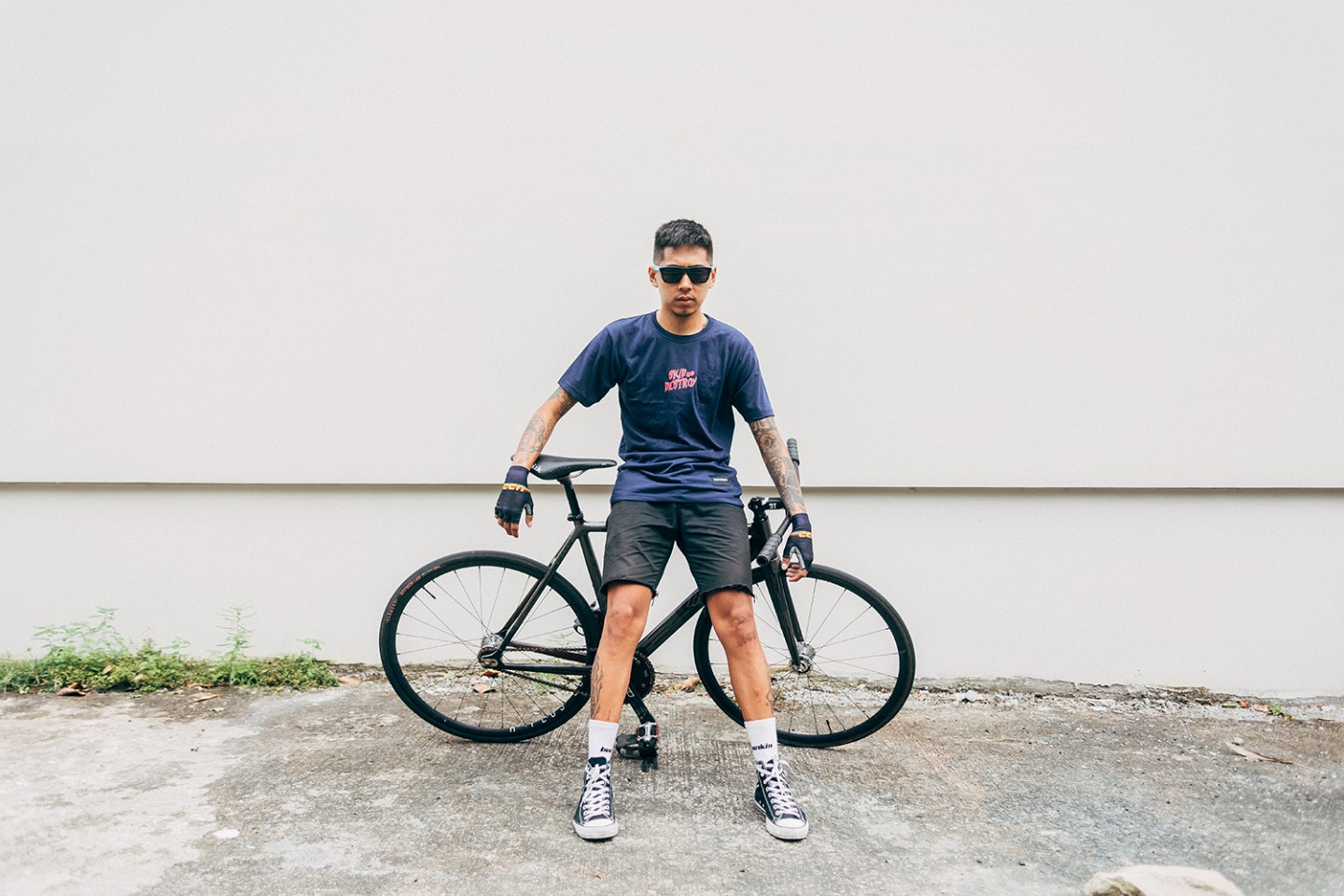
Some people are lucky enough to have always been themselves.
Like many young filmmakers at the beginning of their careers, Erik Matti started out by accepting jobs where certain artistic compromises had to be made. “There are two sections to my career,” he begins over a Zoom interview one morning. “The first section was just trying to stay afloat to continue making films. To do that, you need make a lot of compromises as a young filmmaker. But in those films, I always tried to bring a certain idea or piece of insight that people are not always aware of to make a much more layered story. Adding more meat to it made the films more meaningful to me as an artist,” he recalls.
The second part he’s talking about is, of course, the part we’re much more familiar with. When his film On The Job premiered in 2013, it quickly gained both local and international recognition—not only for the way it was stylistically shot, but because it was a reflection of the darker, grittier facets of Philippine justice system. Several equally enthralling action and crime thrillers followed, such as the crime thriller Honor Thy Father (2015), the supernatural horror film Seklusyon (2016), and the action flick Buy Bust (2018).
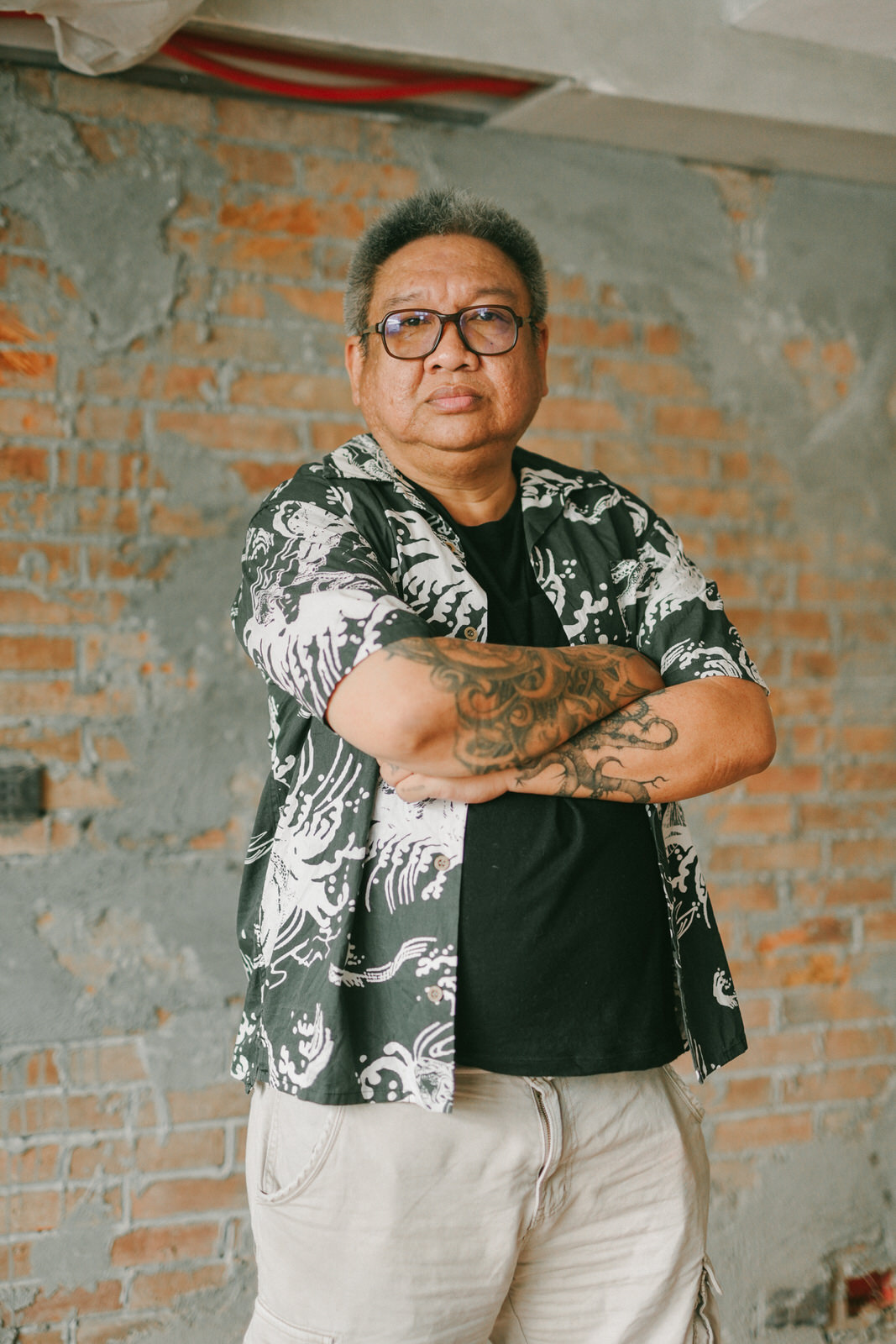
“Right now, I’m afforded the chance to freely pick my stories. I want them to be accessible to a broader audience,” he shares.
Towards the end of 2021, On The Job: Missing 8, the sequel to what is arguably his most popular film, premiered at the 78th Venice International Film Festival as the sole representative of Asian Cinema. Now being screened as a six-part miniseries on HBO Go, the film, which deals with the complicated dynamics between politics and journalism, is set in the province La Paz rather than Manila. Loosely based on the 2009 Maguindanao Massacre, where 58 people were murdered—32 of which were journalists—the project was the farthest thing from simple.
“Overall, it was a four-to-five-year process. There was a lot of research that went into it; the script alone took one and a half years. Production was also a bit difficult because as you know, television is the bread and butter of people here, so we had to compromise based on the schedules of our cast. In the end, it was beneficial because it allowed me to get into a more complex, layered script. It gave me more time to weave things together,” he says.
Fiction allows for more play, more agency to explore topics others might shy away from. And film is Matti’s playground, where he expertly shows us the advantage of the medium compared to, say, presenting the news as it is. One specific way the filmmaker exercises this creativity is through the creation of his characters, which he reveals are based on real people.
“Most of the protagonists in my films—from their physical appearances to the way they deal with conflict—are based on people I know. Not just people in my life but the people you encounter every day on the news or on the street, sometimes just by observation. My films are very character driven. It’s important for me to know them inside out and know the type of journey they’re taking,” he shares. True to his words, it is these little nuances—how one speaks, the gestures they make, their dynamic with others—that add color to a character, and ultimately, the entire film.
“As a filmmaker, there has to be more you give into a story, and this may not always be what everyone agrees with,” he continues with a passion. “Personally, I think a film has failed when people come out of the theater and forget about it afterwards. On the other hand, if a film gives a group of people a strong reaction, whether they agree or disagree with certain things, they end up talking about it for three hours at a nearby café. That is the beauty of film.”
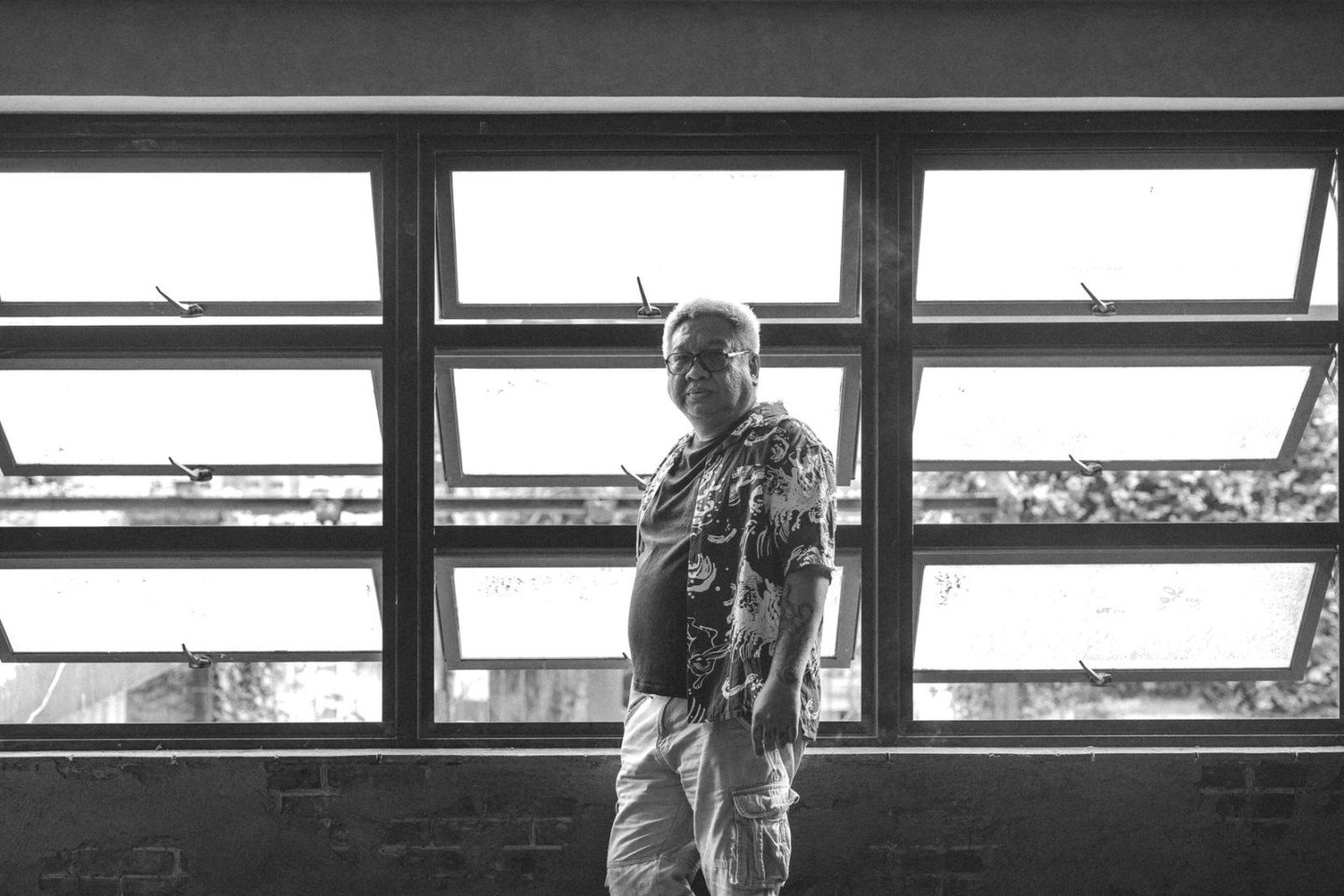
Photographer — Zaldine Alvaro
Both On The Job and On The Job: Missing 8 reveal certain truths that are harder to swallow for some more than others. The films show us that because social circles are smaller in the Philippines, especially in certain cities, everyone seems to know everyone. Upon reflecting on this, even this interview with Matti was made possible because of personal connections, of someone I personally knew who knew how to reach him. But as we see in both films, this part of our culture is one factor that can potentially lead to corruption.
“Look at our elections for example. I knew from the beginning that it would be a tough climb for certain candidates because if they sat in office, the people currently in office would not be able to continue doing what they do with no consequences. This whole idea of impunity is because we all know each other. The Philippines is so small. Some people in office would rather spank and scold each other behind the cameras rather than bring people to jail. It’s about the connections you can exploit in your favor,” he shares.
Considering that these smaller circles are a given, how do we navigate its negative effects moving forward? Discourse is one way to do this. Matti, for example, has always been vocal about his opinions, both inside and outside his films. When asked about whether individuals with a platform should always speak out about issues the country is facing, he shares, “I’ve always spoken my mind. I’ve been lambasted online several times, but it never made me scared to stop. For people like me who have a presence online, I think it’s sometimes worth the risk to voice out your opinion for things you care about. I sometimes wish Filipinos spoke up more, whether it is about something good or bad. Not simply stay silent.”
Matti then provides us with a set of guidelines for storytelling, which can aid us not just in our creative pursuits, but in everyday life. “Before making a film, I always ask myself four important questions,” he says.
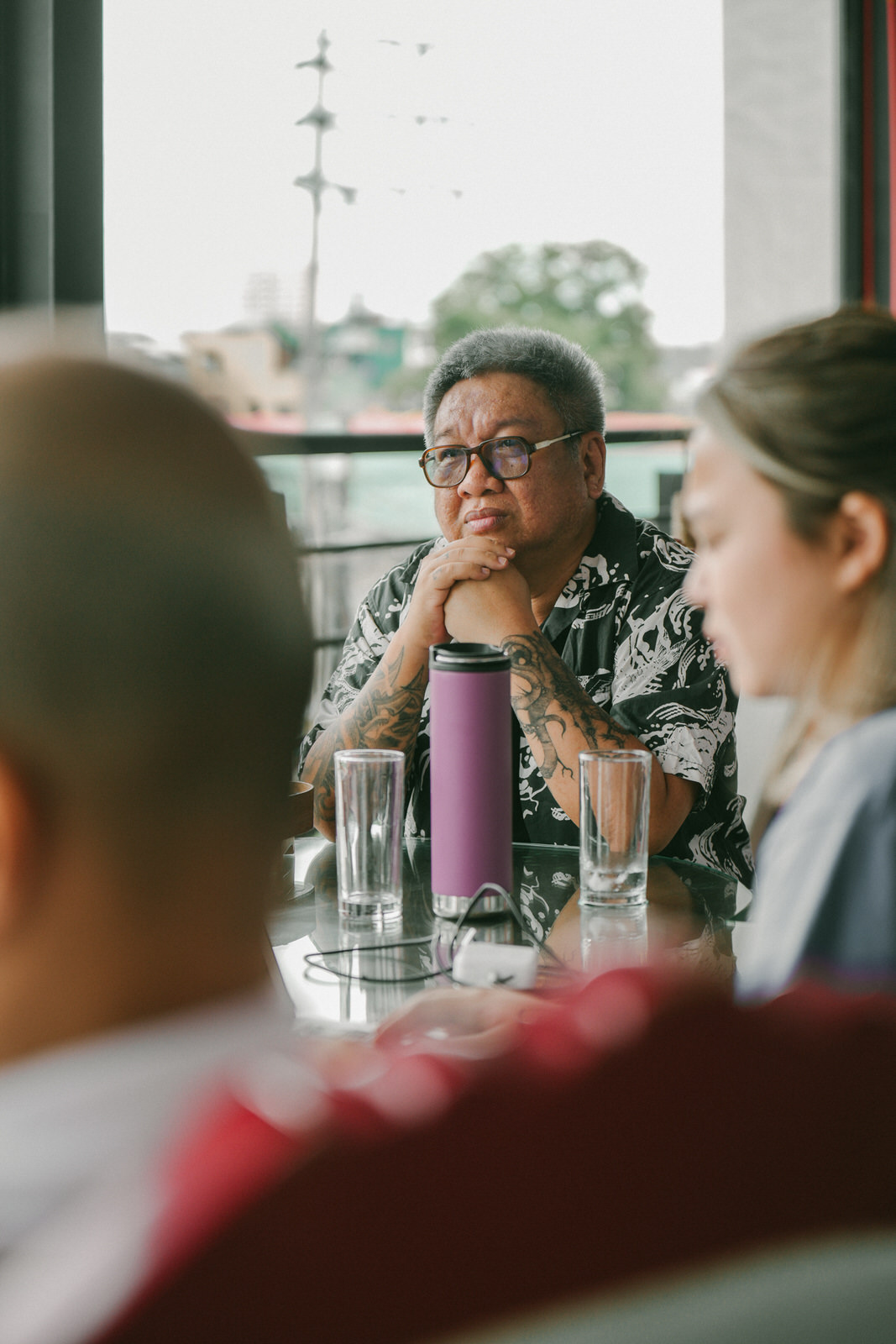
One: Is it personal? Does the story you’re telling matter to you? Two: Is it universal? “For someone who started with small movies and dreamed of telling bigger stories, I couldn’t survive just by telling personal films. If I was telling a story set in Bacolod, a person living in Norway should understand,” he adds. Three: Is it relevant? Can the story be told in this day and age? Lastly, Is it worth doing? “This is the most selfish question to ask. Sometimes, you want to do it because you want to film in a certain place, or because you want to flex your muscles using a camera in a new way. But to me, this is what makes a project worth pursuing. There are times when you must do things that are just for you rather than always catering to an audience. It is what that keeps you going,” he explains.
While the devastating effects of the pandemic are still felt in the film industry, it has opened up other opportunities at the same time. “My work has always been somewhere in the middle, neither arthouse nor commercial enough. With the rise of the streamers during the pandemic, I finally found the creative support coming from the type of films I make,” Matti shares.
He is currently working on a number of projects with streaming platforms such as HBO, Netflix, Disney, and Amazon. There is a local adaptation of the French series Call My Agent, a series based on his film Buy Bust and a series with Bea Alonzo called The Birkin Lady–just to name a few. “I don’t need to be continuously doing On The Job-type films. We like to play around with different things as well,” he says.
“But even if we’re moving into these streaming platforms, we shouldn’t forget about making films for the cinemas. We still have a lineup of projects in mind. The only way for our industry to grow is to continuously make films. Because if we don’t make films, the level of excellence doesn’t grow, craftsmanship doesn’t get better, and new avenues and ideas are not explored. Going to the cinema is also such a profound experience,” he adds.
The interview was a form of a wake-up call needed that very morning. Speaking to him is a simple reminder to care—about the state of our country, about the people in your community, and about bringing to light stories that matter.
SUPPORT PURVEYR
If you like this story and would love to read more like it, we hope you can support us for as low as ₱50. This will help us continue what we do and feature more Filipinos who create. You can subscribe to the fund or send us a tip.

